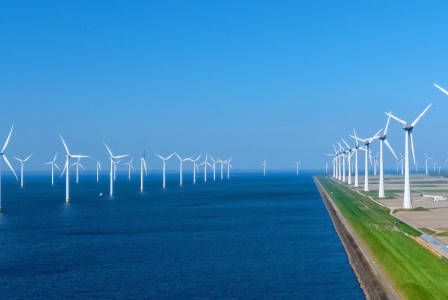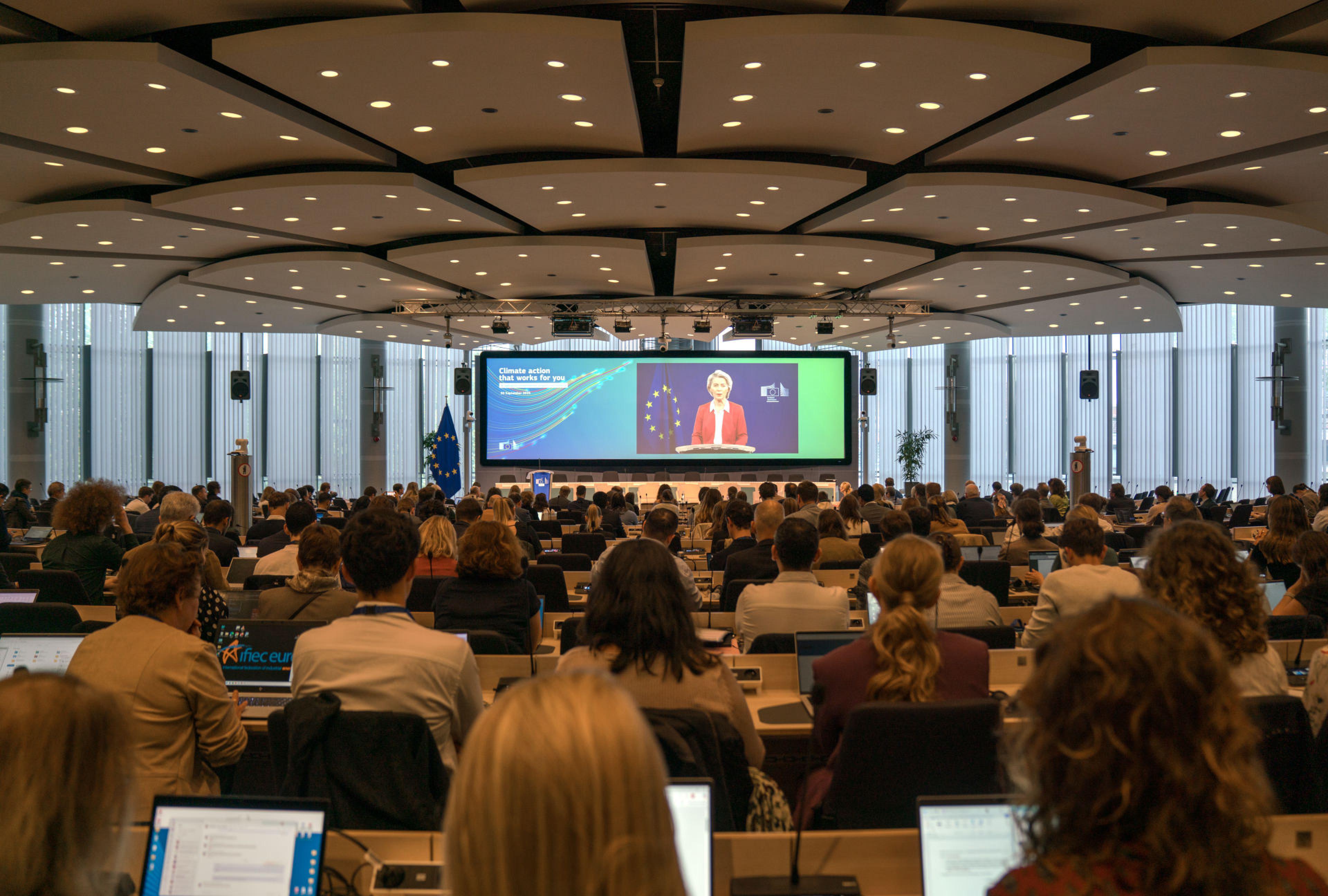News & articles
02 September 2025
CEF Energy: Five new projects obtain official status and join the CB RES list
News & articles
02 September 2025
Cross-cutting policy
Login / create an account to be able to react
-
17

The EU has added five cross-border renewable projects to its official list, boosting clean energy cooperation, strengthening energy security, and accelerating progress towards Europe’s climate and energy goals.
Editorial team
European Commission
Topics
Albania
Armenia
Austria
Belgium
Bosnia and Herzegovina
Bulgaria
Croatia
Cyprus
Czechia
Denmark
Estonia
EU-27
Finland
France
Georgia
Germany
Greece
Hungary
Iceland
Ireland
Italy
Kosovo
Latvia
Liechtenstein
Lithuania
Luxembourg
Malta
Moldova
Montenegro
Netherlands
North Macedonia
Norway
Poland
Portugal
Romania
Serbia
Slovakia
Slovenia
Spain
Sweden
Switzerland
Türkiye
Ukraine
Other
EU Institutions
-
Policy type
-
-
Cross-cutting policy
-
Share
The European Commission has approved the addition of five new cross-border renewable energy (CB RES) projects to the official CB RES list. With this latest round, a total of 13 projects now hold CB RES status, granting them eligibility to apply for financial support under the CB RES window of the CEF Energy programme.
The newly added projects are:
• Liivi Bay Offshore Wind Farm: the project aims to deliver a large-scale offshore wind farm in the Baltic Sea. Built in Estonian waters in the Gulf of Riga, it will be radially connected to the Estonian national grid and is expected to reach 1 GW of installed capacity and begin generating electricity from 2031. The wind farm will contribute to Estonia’s goal of producing 100 % of electricity from renewable sources by 2030, while also supporting Latvia’s energy transition.
• Utilitas Eleja-Jonišķis Wind Park: spanning across the Latvian-Lithuanian border, the onshore wind park will reach 200 MW of installed capacity from 2028, providing a significant boost to renewable energy supply in both countries. The project is strategically located to connect to the 330 kV Viskaļi–Mūša transmission line, enhancing regional grid stability and energy independence.
• Comprehensive Offshore Renewable Energy Studies (CORES): the project lays the groundwork for future cross-border deployment of floating offshore wind energy in Portugal in a cooperation with Luxembourg. It will assess offshore wind zones, grid reinforcements and auction models, helping to unlock up to 10 GW of offshore wind capacity in Portugal. The project also fosters collaboration around green hydrogen, port infrastructure and energy system planning.
• Medlink Renewable Generation (MedGen): this landmark North-South cooperation project aims to install 10 GW of solar and wind capacity in Algeria and Tunisia with dedicated battery storage systems. Two 2 GW HVDC interconnectors will export up to 22.8 TWh/year of clean electricity to Italy (outside the scope of the CB RES project). This makes MedGen a flagship initiative, boosting sustainable development, regional integration and the EU’s energy diversification efforts.
• Twin Heat: the project will decarbonise the district heating systems of the twin cities Słubice (Poland) and Frankfurt (Germany) through the installation of renewable-based heating infrastructure, including biomass boilers and cross-border heat exchange. The project is an example of thermal energy integration, contributing to lower emissions, cleaner air and increased energy efficiency in urban heating systems.
These projects are key to strengthening Europe’s energy security, promoting cross-border cooperation and accelerating the deployment of renewable energy technologies in support of EU’s energy and climate objectives.
This adopted list has been submitted to the European Parliament and the Council for a two-month period of scrutiny (this period may be extended by an additional two-month period upon their request) and it will only be formally published in the Official Journal after this period, and enter into force 20 days later.
Comments (0)
See also
Restoring LIFE to Europe’s polluted water supplies
- Categories
Webinar material: European funding mechanisms and the need for new skills
- Categories
Bringing people together for “climate action that works for you”
- Categories




